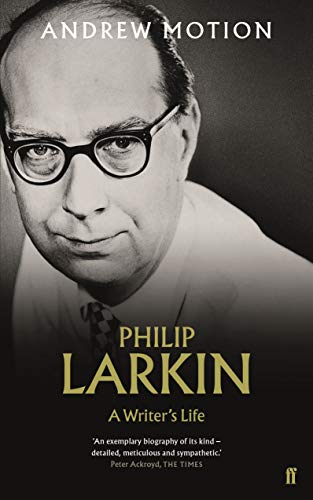What do you think?
Rate this book


Philip Larkin: A Writer's Life won the Whitbread Award for Biography in 1993 and was championed as 'an exemplary biography of its kind' (The Times). With a new introduction written by the author, this edition offers an engrossing portrait of one of the twentieth century's most popular, and most private, poets.
'There will be other lives of Larkin, but Motion's, like Forster's of Dickens, will always have a special place.' John Carey, Sunday Times
'Larkin lived a quietly noble and exemplary version of the writer's life; Motion - affectionate but undeceived about the man's frailties, a diligent researcher and a deft reader of poetry - has written an equally exemplary 'Life' of him.' Peter Conrad, Observer
'Honest but not prurient, critical but also compassionate, Motion's book could not be bettered.' Alan Bennett, London Review of Books
851 pages, Kindle Edition
First published January 1, 1982